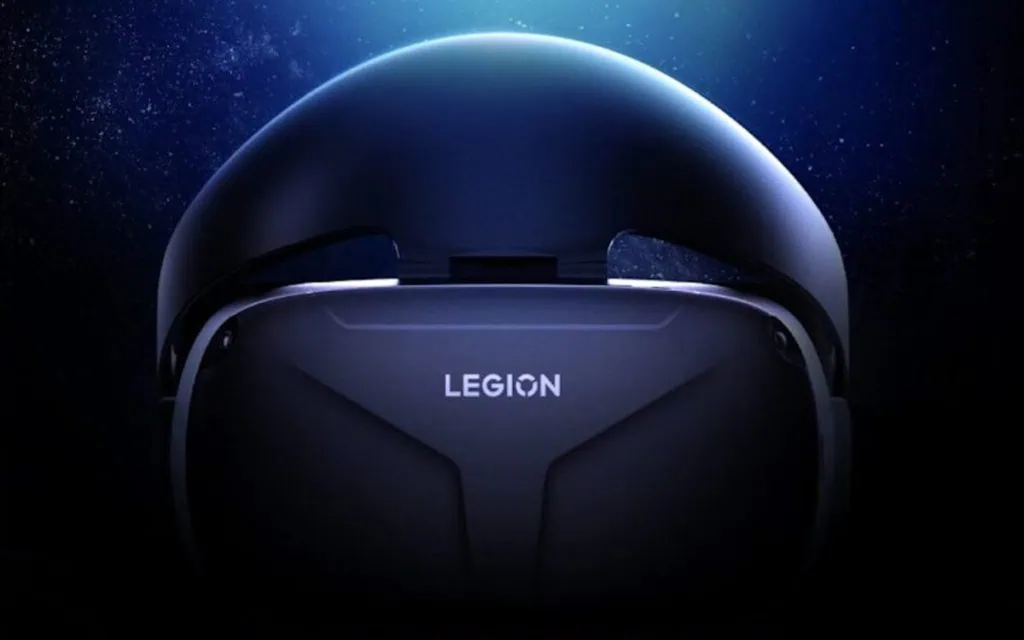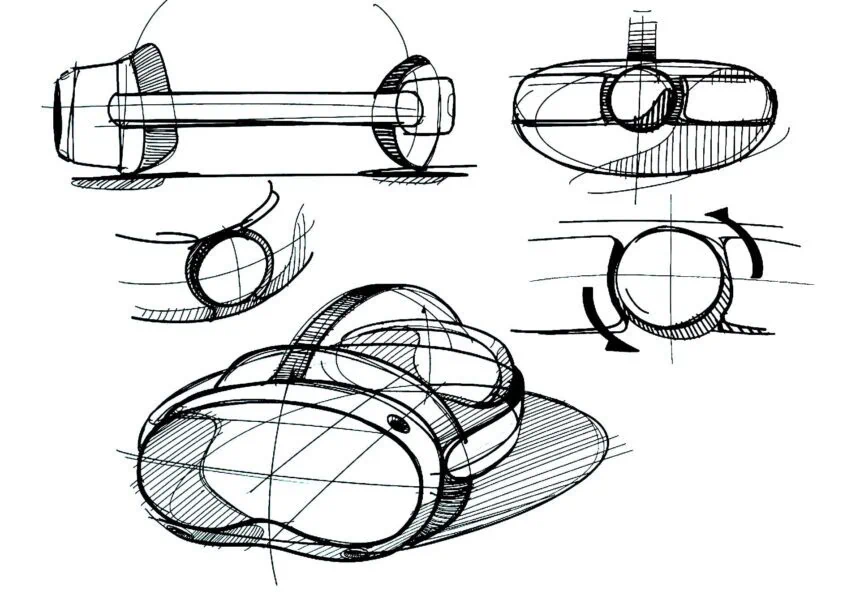VR Training for Surgery on Conjoined Twins
A team of doctors from Brazil and Great Britain successfully separated two conjoined twins in Rio de Janeiro. The 27-hour operation was preceded by months of training in virtual reality.
The team of nearly 100 professionals from Rio de Janeiro and London rehearsed the extraordinary procedure on detailed VR projections of the twins. The VR model was based on CT and MRI scans and allowed for a six-month planning phase in which the medical team practiced the procedure with each other in real time.
According to the surgeon who performed the surgery, Dr. Jeelani Noor ul Owase, the ability to train complex and life-threatening procedures in VR is a clear improvement: It’s just wonderful. It’s really great to see the anatomy and do the surgery before you actually put the children at any risk.”
More about the surgery and VR training: Conjoined twins separated with the help of virtual reality
Lenovo reveals new VR hardware

With the VR700, the Chinese tech company Lenovo announces a new VR goggle and ventures back into the XR market. Lenovo already had various VR devices in its portfolio between 2017 and 2019, but had not achieved any significant success.
Apart from a front view of Lenovo’s VR700, no details about the hardware, price and sales launch are known yet. But, there is increasing momentum coming into the VR hardware market.
The announcement comes at an exciting time: In addition to the increasing rumors about the official announcement of Apple’s AR glasses in the spring of 2023, the start of sales of Meta’s new VR glasses “Quest Pro” is already imminent this fall.
However, we can expect that the VR700 will address a different target group than Meta and Apple. Lenovo’s VR glasses are to be released in the Legion gaming product line and are likely to primarily target home users. Meanwhile, the Quest Pro and Apple’s AR headset will be particularly attractive for business applications.
More about Lenovo’s new VR glasses: Lenovo Legion VR700 VR Headset Is On The Road
Pico Neo 4 (Pro): Leaks about the global market launch and technical details

Greater competition, however, will come from the Chinese VR hardware manufacturer Pico. The subsidiary of ByteDance (TikTok) is to launch two new VR glasses internationally before the end of September.
According to a supply chain analyst, the Pico 4 and Pico 4 Pro VR glasses will feature flat Pancake lenses. This allows for a narrower and lighter form factor. The Pro variant is also said to support eye tracking.
The new technologies are more expensive to manufacture than the predecessor Pico Neo 3, and according to analysts, they will be “aggressively subsidized” by Bytedance. It is to be expected that the TikTok parent company wants to penetrate Meta’s price segment and compete with the Quest 2 and Quest Pro.
This is not least evident from leaked technical details of the Pico 4:
- Pico 4 will have 45 percent more battery capacity with 5300 mAh than the Quest 2
- The display also offers around 33 percent more pixels (2160×2160) per eye in comparison.
- The built-in cameras allow RGB pass-through, unlike the Quest 2
More about the planned market launch and the technical details: Pico Neo 4 (Pro): Specifications and possible design leaked





